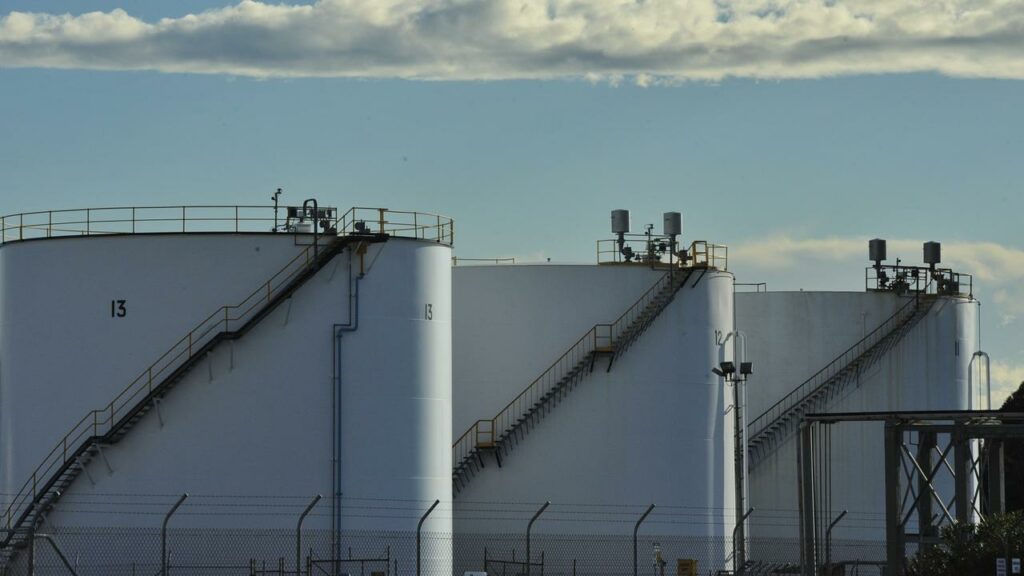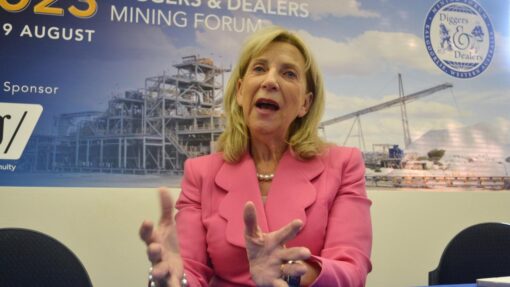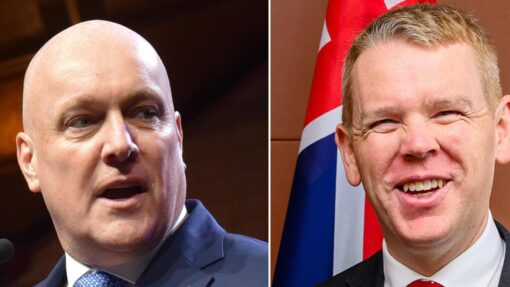The good oil has petroleum giants paying more tax
Poppy Johnston and Paul Osborne |

Higher taxes on offshore resources companies are looking more likely in the federal budget, as senior government ministers warm to the idea.
Oil and gas companies are expected to deliver $16 billion to state and federal coffers, according to Australian Petroleum Production and Exploration Association forecasts, up from $6.46 billion in the last financial year.
However, the government is looking at the findings of a review into the petroleum resources rent tax, which could lead to changes being made in the May budget.
Association chief executive Samantha McCulloch said compounding regulatory interventions, including the possibility of lifting or altering the petroleum resources rent tax, risk future investment, energy security and future revenue.
Assistant Treasurer Stephen Jones said while a final decision had not been made, it was clear things were not “hunky dory”.
“You’ve got a whole heap of assets which are not paying any PRRT, so they are not paying for access to the gas resources that are owned by the Australian people – that needs to change,” Mr Jones told Sky News on Friday.
He said the reason companies were not paying any price to access the resources was “the structure of the tax”.
“It needs to be looked at.”
Ms McCulloch said it had been a challenging time for the sector and further changes would make it harder.
“Over recent times, we’ve seen concerns raised by international investors and international trading partners around the policy instability in Australia,” she said.
“We have had a considerable number of interventions and reforms across the gas market in recent months. That is making it challenging for what are really capital intensive, substantial investments that are required to bring on new gas supply.”
Ms McCulloch pointed to Japanese businesses that have voiced concerns about Australia’s investment environment.
“We need to remember that some of our key trading partners are not only investors in the oil and gas industry in Australia, but they’re also relying on the supply of essential energy to keep the lights on in Tokyo,” she said.
Industry Minister Ed Husic said the gas industry was “doing very well” and he was not convinced tighter tax measures would discourage investment.
“It is a bit rich for a lot of these firms to say, ‘well, if you make any move here, regulatory uncertainty will force us not to invest’ at a time where gas prices are where they’re at,” he told ABC Radio.
“I’ll leave that to your good listeners to make their mind up as to whether or not that’s believable.”
Treasurer Jim Chalmers is reviewing advice from Treasury on the tax on the profits of fossil fuel extractors, which is applied after companies have recouped their investment from the cost of exploring and developing projects.
The tax reaped $2.6b in 2022/23 but revenues are expected to fall to $2b in 2025/26.
Opposition finance spokeswoman Jane Hume said imposing further tax on gas companies would cause a “sovereign risk” preventing new investment just when it was needed in the sector.
Asked why the former government had initiated the petroleum tax review, Senator Hume told Sky News it had started “before there was an energy crisis” and the coalition would not support new taxes.
AAP


